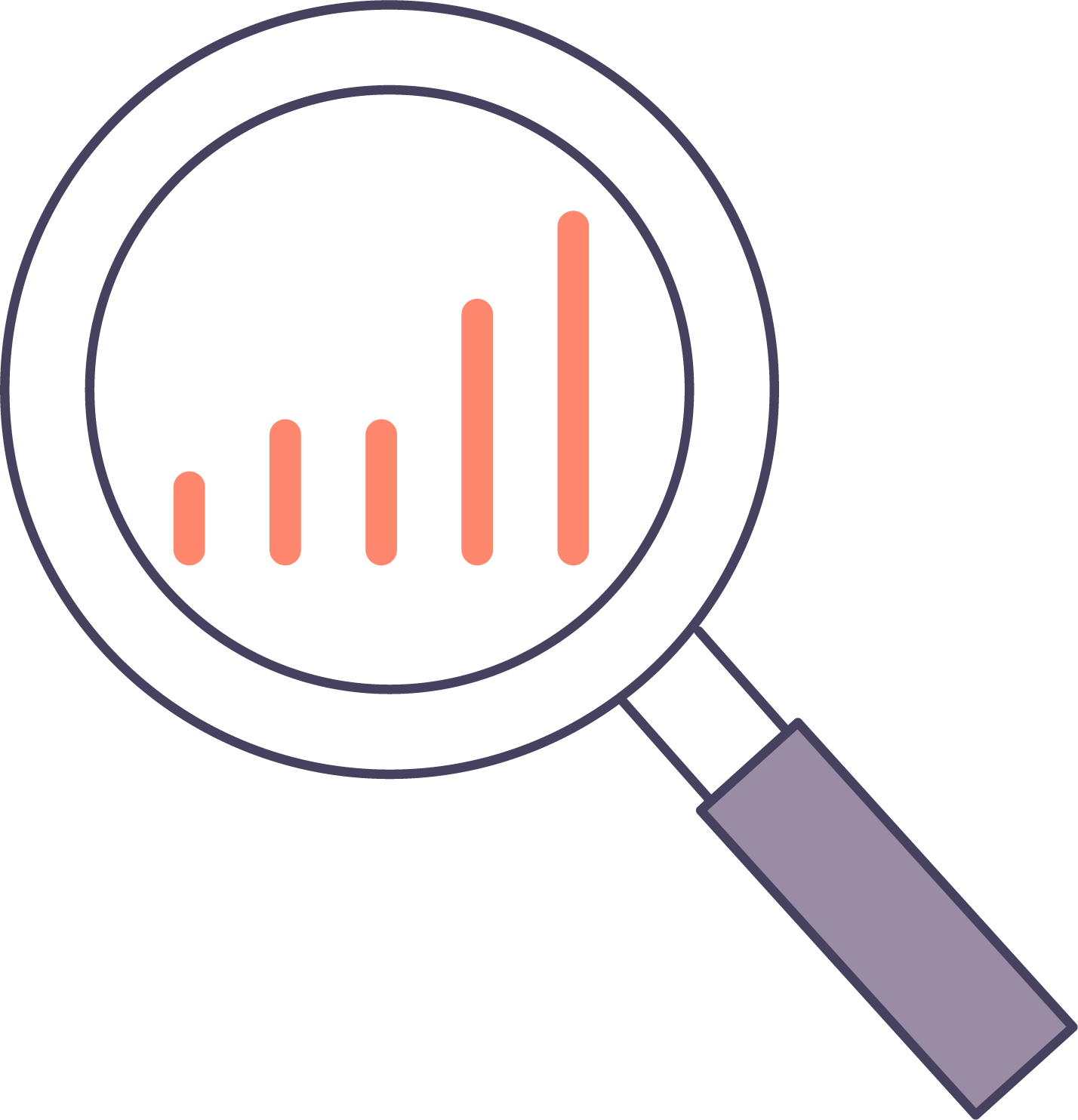News Articles
With the growing wave of Artificial intelligence (AI) making remarkable strides in automating tasks, its potential to revolutionise various industries cannot be understated. AI is already playing a significant role in automating repetitive tasks such as data entry, invoice processing, and even tax compliance in accounting. With the increasing capabilities of AI, many wonder if the accountant's role will become obsolete. However, while AI can handle certain aspects of accounting with speed and efficiency, more is needed to replace the need for human accountants. Here's why.

1. The need for professional judgement and ethical decision-making
Accounting is not just about crunching numbers; it's about making informed decisions based on financial data. Accountants often apply professional judgment to interpret complex financial information, assess risk, and provide strategic advice. While AI can process vast amounts of data, it cannot replicate the nuanced understanding that human accountants have when considering context, client needs, and the broader business environment.
Moreover, accountants are bound by professional ethics and codes of conduct. Ethical decision-making is vital to the profession, particularly in ensuring compliance with laws and regulations and financial decisions' legal and ethical implications, something AI can only be trusted to do with human oversight.
2. Complex problem-solving and advisory roles
The role of the accountant has evolved far beyond bookkeeping and tax filing. Today's accountants are advisors who help businesses grow, optimise operations, and plan for the future. Accountants work closely with clients to understand their goals, assess their financial health, and devise strategies for improvement. Strategy development involves critical thinking, creativity, and understanding industry-specific challenges—skills AI cannot replicate.
Accountants use their experience and industry knowledge to provide tailored advice that goes beyond what algorithms can offer. Whether helping a business navigate complex tax laws, providing insights into financial trends, or advising on succession and retirement, accountants bring expertise and understanding that AI cannot.
3. Interpersonal skills and client relationships
AI needs to gain the personal touch that is so crucial in the accounting profession. Accountants work closely with their clients, often developing long-standing relationships based on trust and communication. Clients rely on accountants for their technical expertise and ability to listen, understand their unique needs, and provide personalised advice.
Relationships are born through trust, and trust is earned through human interaction. While AI can provide accurate financial reports, it cannot engage with clients like humans. The importance of human connection will always be important.
4. Handling the unexpected
AI excels at handling structured, predictable tasks, but real-world accounting is more complex. Businesses often face unexpected challenges that require quick thinking and the ability to adapt. Whether dealing with a sudden financial crisis, interpreting new and complex regulations, or addressing a unique tax issue, accountants are frequently called upon to solve problems that need a clear-cut answer.
AI operates based on patterns and preprogrammed logic. While it's getting better at handling some levels of complexity, it still needs to work on the unpredictable nature of real-world issues, be they financial or otherwise. On the other hand, accountants draw on their experience, intuition, and problem-solving skills to find solutions that are only sometimes obvious or formulaic.
5. Regulatory compliance
In Australia, accountants must navigate a complex and ever-changing regulatory environment. Tax laws, financial reporting standards, and compliance requirements constantly evolve, and staying up-to-date requires a deep understanding of the law and each client's circumstances.
While AI can assist in ensuring compliance by automating specific processes and flagging potential issues, it cannot interpret laws or regulations as nuanced as a human. Accountants ensure that their clients meet regulatory requirements and provide guidance on how best to structure their affairs to be compliant yet efficient.
Additionally, when mistakes or discrepancies arise, clients often prefer speaking to someone who can understand the situation and provide personalised solutions. AI might identify errors but cannot replace the reassurance from speaking to a qualified accountant who can address concerns directly.
6. The human element in strategic planning
Accountants play a crucial role in business strategic planning. They help with budgeting, forecasting, and long-term financial planning—areas that require data analysis and an understanding of the business's goals, industry trends, and market conditions. AI might assist by providing data-driven insights, but it cannot make strategic decisions that consider the broader vision of the business.
For example, when advising a business on growth opportunities, an accountant will consider the financial data alongside other factors, such as market trends, competition, and economic forecasts. AI might provide projections, but the accountant translates those projections into actionable strategies that align with the client's objectives.
7. AI as a tool, not a replacement
Rather than viewing AI as a threat to the accounting profession, it should be used to enhance accountants' capabilities. By automating routine tasks, AI allows accountants to focus on higher-level work that requires human insight, such as advisory services, strategic planning, and client relationships. AI can process data faster than any human. However, human oversight is still required to ensure accuracy, interpret the results, and apply them meaningfully.
Accountants who embrace AI and use it to augment their services will become more efficient and able to offer more value to their clients. In fact, integrating AI into accounting processes allows for more time to be spent on what truly matters—helping clients achieve their financial goals.
Conclusion
While AI will continue transforming the accounting industry by automating specific tasks, it is not poised to replace accountants anytime soon. The profession requires more than technical expertise; it demands human judgement, ethical decision-making, strategic thinking, and strong client relationships—qualities AI cannot replicate. Accountants will remain indispensable in providing the personalised, thoughtful, and strategic advice businesses rely on to navigate an increasingly complex financial world.

Discuss Further?
If you would like to discuss, please get in touch.
Disclaimer
The information provided in this article does not constitute advice. The information is of a general nature only and does not take into account your individual financial situation. It should not be used, relied upon, or treated as a substitute for specific professional advice. We recommend that you contact Brentnalls SA before making any decision to discuss your particular requirements or circumstances.








